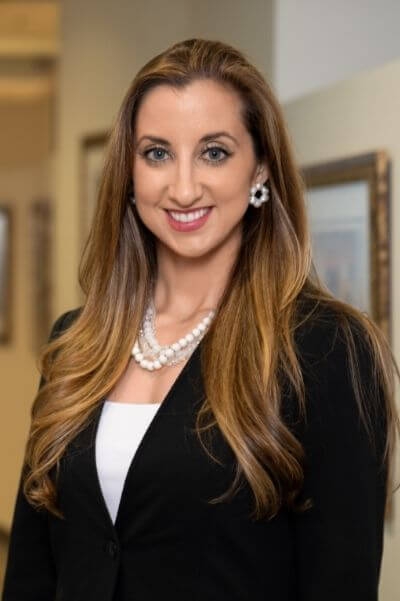The Separation of Church and State in Today’s News, Discussed by Fairfax Criminal Defense Attorney Anastasia Kranias
While the United States Constitution does not specifically address the separation between church and state, the first amendment states that Congress shall make no law respecting an establishment of religion, and further gives us each the ability to exercise our own religious beliefs. With elections around the corner, and debates on marriage, abortion, and the right to die flooding headlines daily, is the separation preserved? Should our legislators allow their religious beliefs to dictate whether or not they vote for a law that would allow someone to make any of the above choices?
Separation of Church and State and Physician-assisted Suicide
Earlier this week, California Governor Jerry Brown signed a law that legalized physician-assisted suicide in his state. While many people rallied against the law, citing religious beliefs as grounds for their opposition, the Governor stated, “I do not know what I would do if I were dying in prolonged and excruciating pain…I am certain, however, that it would be a comfort to be able to consider the options afforded by this bill. And I wouldn’t deny that right to others.” It appears that the Governor was making a clear distinction between church and state, allowing fatally ill individuals and their families the opportunity to make their own choices without fear of the criminal justice system.
Separation of Church and State and Same-sex Marriage
Another highly debated issue over the last few years is same-sex marriage. As we all know, the Supreme Court’s ruling in Obergefell v. Hodges on June 26, 2015, legalized same-sex marriage throughout the United States. However, many who desire to marry under this new law still feel the backlash of those who oppose same-sex marriage due to their religious beliefs. In Kentucky, a county clerk refused to grant marriage licenses to same-sex couples due to her religious beliefs on the issue. Many people criticized her behavior – the most surprising of whom may have been a high-ranking apostle in the Mormon Church, Elder Oaks. Elder Oaks is a former Utah Supreme Court justice, and publicly commented that, “Office holders remain free to draw upon their personal beliefs and motivations and advocate their positions in the public square. But when acting as public officials, they are not free to apply personal convictions, religious or other, in place of the defined responsibilities of their public offices. All government officers should exercise their civil authority according to the principles and within the limits of civil government.” Thus, Elder Oaks successfully acknowledges the separation between church and state.
While the fight to sign and repeal laws that blur the separation between church and state will likely continue indefinitely, our desire to fight for those we serve will never change – regardless of their individual beliefs. At Greenspun Shapiro PC, we are lucky enough and honored to serve people from all walks of life, and we will always fight for our clients and defend the constitution passionately.

